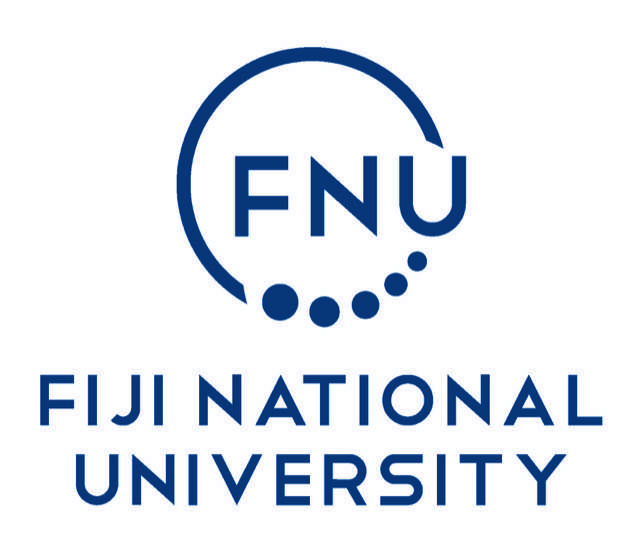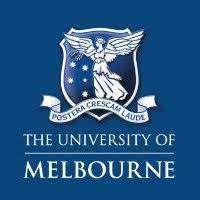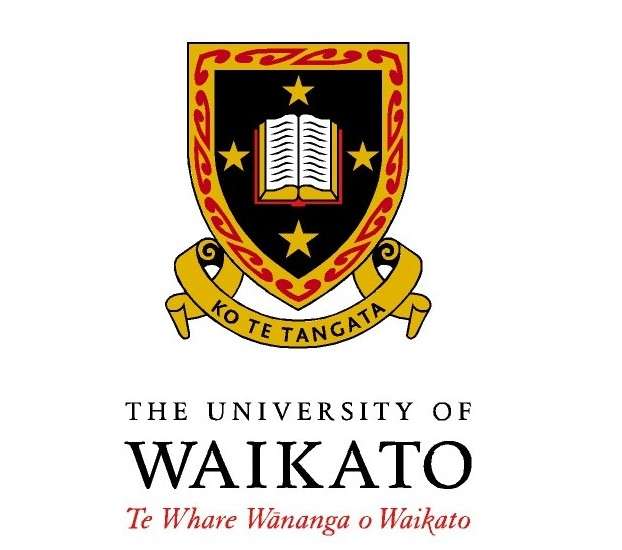Jointly convened by
Fiji National University, University of Waikato and
University of Melbourne (in collaboration with Monash University)
The events of recent years have brought into sharp relief questions coexistence and interconnectedness. These are not new questions, but the global pandemic, the now-visceral urgency of the climate emergency, and the deep, intersecting lines of inequality increasingly rupturing our societies, demand critical attention to how we share space with each other, and with the non-human world, in safe, just, equitable and sustainable ways. Most importantly, what is the role of education in re(creating) positive forms of coexistence and interconnectedness, and what re(creating) of education spaces needs to happen to allow this?
The OCIES 49th Annual Conference is an opportunity to explore the multi-faceted dimensions of these questions, as well as an attempt at re(creating) our spaces for connection and engagement as a scholarly society. The conference will take place across multiple spaces both virtual and face-to-face, is convened by a geographically diverse team from multiple institutions, and will involve diverse formats for knowledge sharing, generation and personal connection.



Hybrid Conference
Given the ongoing restrictions on travel in our region, the conference will be a hybrid with an online programme complemented by face-to-face options in selected locations.
In Fiji, the Fiji National University will organize a programme that is virtual only over the course of two days (2nd-3rd December). The sub-theme for the Fiji Hub is “Post-Covid -19 Educational Challenges for The Global South: Access to Quality, Safe and Equitable( Online) Learning Experiences”.
In Australia, the Graduate School of Education of University of Melbourne will host conference participants face-to-face for Day Two of the conference (Friday 3rd December).
In Aotearoa New Zealand, the University of Waikato will host conference participants online.
Conference Programme
The virtual programme will consist of a range of plenary and keynote sessions, as well as parallel sessions for individual presentations, talanoa/tok stori sessions, panel discussions and more. At the face-to-face location (Melbourne, Australia), the programme will incorporate additional face-to-face only sessions, networking and socialising opportunities including conference dinner.
Keynote speakers confirmed to date include:
Professor Carl Mika, current Co-Director of the Centre of Global Studies, University of Waikato, and soon to commence as Professor in the School of Māori and Indigenous Studies, University of Canterbury. Professor Mika’s research explores interconnectivity from Indigenous perspectives, particularly interconnectivity with the non-human world.
Professor Marcia McKenzie, Professor in Global Studies and International Education at the Melbourne Graduate School of Education, University of Melbourne. Her research includes both theoretical and applied components at the intersections of comparative and international education, global education policy research, and climate and sustainability education.
Professor Nabobo-Baba, Professor in Education, and Dean College of Humanities and Education, Fiji National University. Professor Una’s scholarly works, research, publications and consultancies span 35 years in higher education. Professor Nabobo-Baba’s interests-both theoretical and applied- are in the areas of higher education development in the Small Island States of the Pacific; international aid, development and exchange, teacher education and development; comparative ed; indigenous knowledge, research and development; sustainable development and climate and ecological justice. The topic of her key note might be: Clarion Call for New Values & New Order: Equitable Opportunities in Pacific Education– Lessons from Pacific indigenous Philosophy: Ecological Justice and Relationality
Pre-Conference Workshop for Emerging Researchers (01 December 2021)
Held virtually
Education’s strength, in light of the current global pandemic climate filled with uncertainties, lies in its capacity to re(imagine) and re(create) our inter-connections in meaningful ways that encapsulates hope and inspiration. The OCIES theme for 2021, “Strengthening, expanding and reimagining connections for, and through, education”, sets the scene for the unpacking of our educational re(imaginings) and re(creations).
Registration
Registration is still open. Click on the button below for details or check OCIES Facebook page.
Call for Abstracts
The Call for Abstracts is now closed.
Scholarship awards
The Oceania Comparative and International Education Society (OCIES) has as part of its mandate the goal of furthering and promoting comparative and international education scholarship within the region. A core component of this is supporting new and emerging scholars to share and disseminate their work. This year we will have up to five Emerging Scholar Awards for postgraduate students (research masters or PhD) and up to five Excellence in Research Awards for experienced scholars. Please note that the deadline for the scholarship awards has now closed.